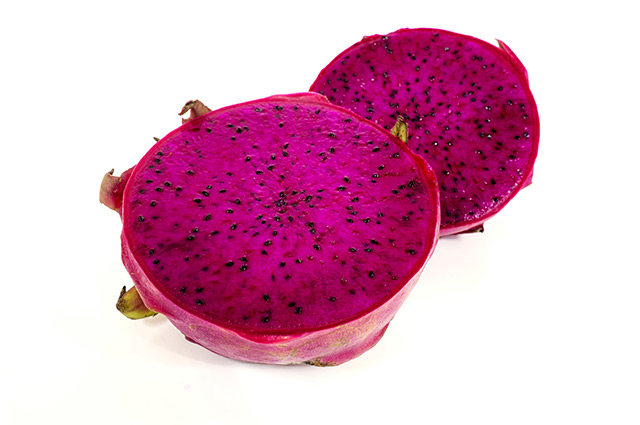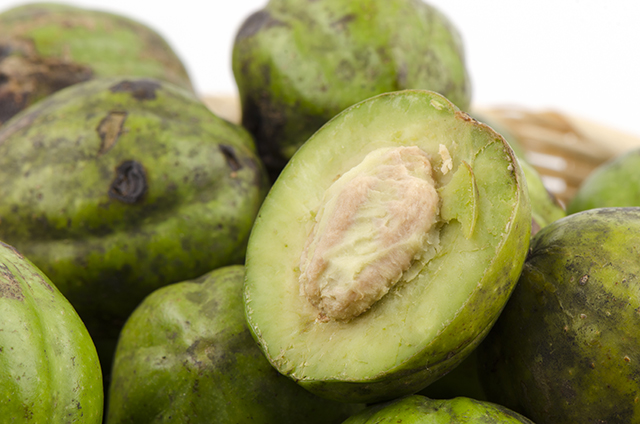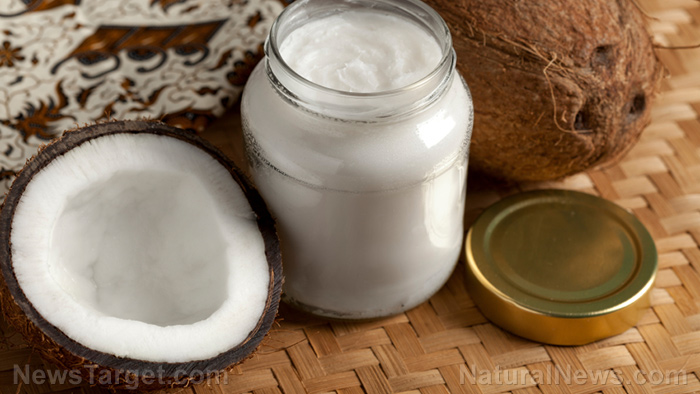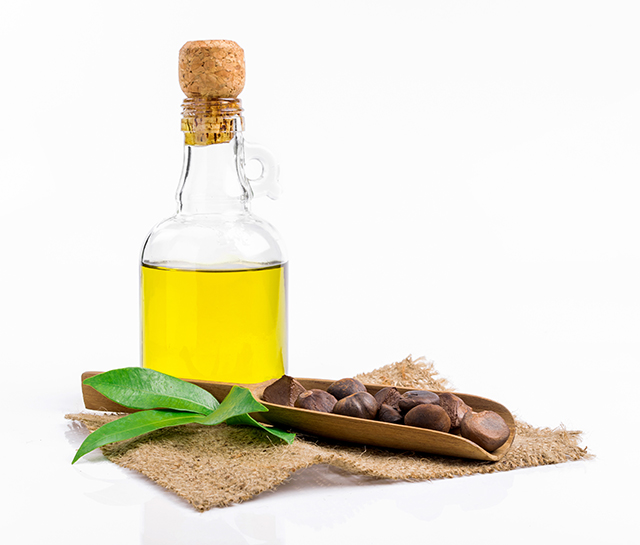Nori – sources, health benefits, nutrients, uses and constituents at NaturalPedia.com
07/22/2017 / By Jhoanna Robinson

People are familiar with nori as the paper-like dark green wrapping that binds sushi together so that it doesn’t fall off. Nori is actually colored dark-purple prior to commercial manufacturing processes. Nori, an edible seaweed, is usually shredded into thin paper-like strips. It is popular as a delicacy that is served to honored guests in Chinese, Japanese, Korean, Malaysian, Vietnam, and other Asian cultures.

List of known nutrients
- Calcium
- Copper
- Iodine
- Iron
- Magnesium
- Manganese
- Molybdenum
- Niacin
- Omega-3 fatty acids
- Pantothenic Acid
- Phosphorus
- Potassium
- Protein
- Selenium
- Sodium
- Sulfur
- Vanadium
- Vitamin A
- Vitamin B1
- Vitamin B2
- Vitamin B6
- Vitamin C
- Zinc
Medicinal uses for nori
Nori has anticancer, anticoagulant, anti-inflammatory, and antithrombotic properties.
Sulfated polysaccharides in nori have antiviral properties in relation to herpes simplex virus 1 (HSV-1) and herpes simplex virus 2 (HSV-2). Cardiovascular health is also maintained by nori due to its sulfated polysaccharide content. Heparin, a kind of sulfated polysaccharide, lessens the tendency of blood platelet cells to form clots. Nori also lowers cholesterol levels.
One sheet of nori is equivalent to 10 percent of the daily recommended value for vitamin C, which shields the body against immune deficiencies, makes the skin smoother and more youthful-looking, and prevents premature hair graying and hair loss.
Body systems supported by nori
Vanadium, which is found in nori, can help raise the body’s sensitivity to insulin by hindering the growth of a group of enzymes called protein tyrosine phosphatases. Vanadium also decreases glucose production levels in the body and regulate the body’s ability to store starch in the form of glycogen.
The protein in nori is a better source of peptides – which can help manage wrinkles in your skin and reverse the signs of aging – than the protein that is found in dairy products.
Iodine, which helps manage our body’s metabolism and thyroid function, is also found in nori. The same goes for sodium, which contributes to the proper functioning of nerves and muscles, regulates blood pressure, and promotes healthy blood flow.
The potassium in nori is good for maintaining bone and muscle health while the vitamin K contained in nori lessens the risk of arterial bloood clotting and avoiding the occurrence of a stroke. It also lowers high levels of plasma cholesterol.
Brain health is enhanced by nori as it contains omega-3 fatty acids.
Ways to use nori
As mentioned earlier, nori is an essential constituent of sushi. Nori can also be used as seasoning – furikake seasoning that is made of nori and mixed sesame seeds. It is a good add-on to a whole feast of exotic delicacies like Korean gimbap and nori chips. Spruce up your soup, omelet, baked fish, rice bowl, salad, or steamed vegetable by sprinkling bits of nori to add crunch to an otherwise bland meal.
You can also opt to eat nori in its orginal “sheet” form.
Where to learn more
- Nori is a high-protein plant source of vitamin B-12
- The Health Benefits of Nori (the Seaweed That Wraps Sushi)
- Four Sea Vegetables with Amazing Health Benefits
- Top 5 Foods for the Pineal Gland
- Eight essential carbohydrates and the chaga mushroom
Summary
Nori is good for maintaining bone, muscle, and brain health.
Nori contributes to the proper functioning of nerves and muscles, regulates blood pressure, and promotes healthy blood flow.
Nori lowers high levels of plasma cholesterol.
Sources include:
Tagged Under:




















